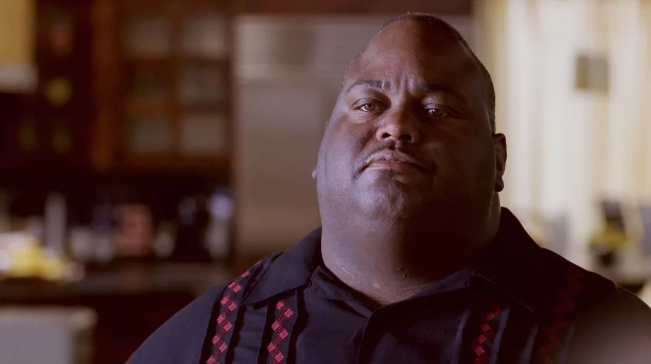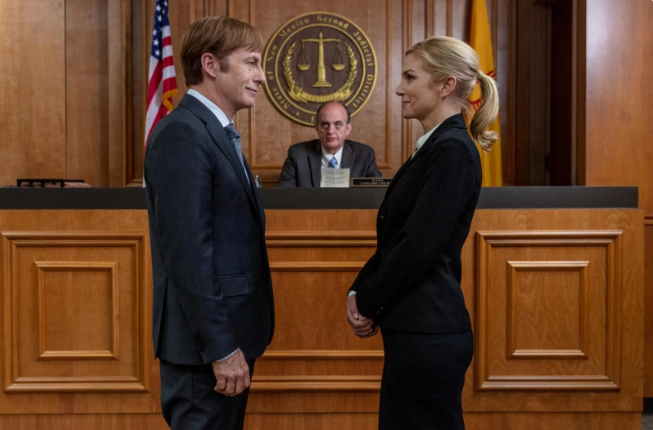Better Call Saul’s Pivotal Turning Point That Unveiled Kim’s Dark Side
Maybe Ms. Wexler wasn’t so innocent after all.
Kim has undergone a remarkable transformation over the course of the series. From a conscientious and ethical lawyer, she gradually became a cunning and resourceful associate of the infamous Saul Goodman.
One of the major turning points in Kim’s journey was her decision to help petty criminal Huell Babineaux, which some fans believe led her to discover her dark side.
Kim decided to represent Huell in court solely at Jimmy’s request. When McGill went into the business of selling disposable cell phones, Babineaux helped him out as a security guard. And one day, a plainclothes cop approached the future Saul, but instead of dealing with him, Huell punched him in the head and knocked him out.
Jimmy understood that in his position he could not allow such an outcome; after all, he was disbarred and forced to do community service. This incident could have been the end of his law career. So McGill asked Kim to take the case and exonerate Babineaux.

At first, Wexler focused on getting justice for her client, using all of her legal skills to get a favorable decision in the case. But as she delved deeper into the situation, Kim realized that Huell’s circumstances presented an opportunity for her to use her talents in a different way.
Intrigued by the challenge, she began looking for unconventional methods to defend Babineaux. Wexler discovered that proving the officer had exaggerated the severity of the assault was the key to this case.

It was a revelation that piqued Kim’s curiosity and led her to further explore the gray areas of the law. She began to question traditional notions of fairness and realized that sometimes the end justifies the means.
Kim’s decision to go above and beyond for Huell marked a significant change in her character. She began to push the boundaries of legality, using questionable tactics to ensure her client’s success.
Some fans still believe that Kim only took the case at Jimmy’s request, realizing that McGill could go much further to justify his “honest” name. But no one can deny that they were both guilty of Howard Hamlin’s death and of turning a blind eye to the cartel’s crimes.

